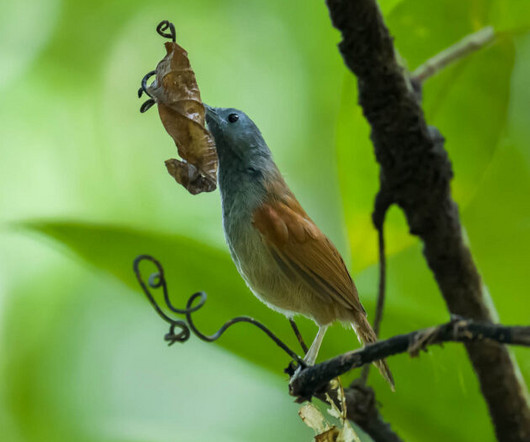European Union Screws Apes Used in Medical Research
Critter News
JUNE 4, 2009
Here are the results of the EU flirtation with restricting research on primates. Researchers can continue most experiments on mankind's closest relatives -- chimpanzees, gorillas and orangutans -- after European Union lawmakers watered down proposals to restrict testing. Nothing, nothing makes me angrier than animal researchers.












Let's personalize your content